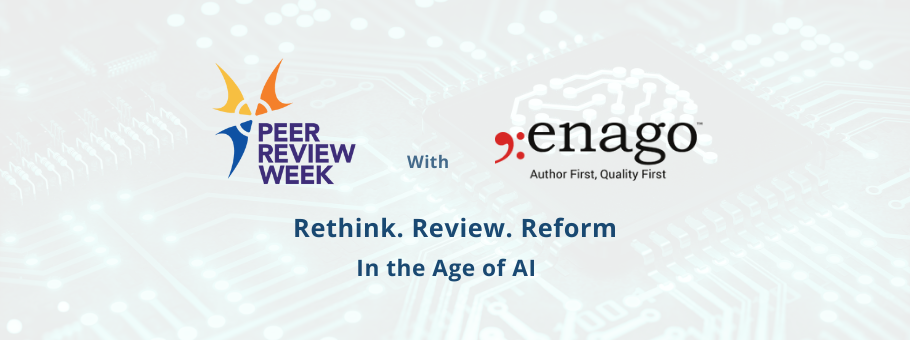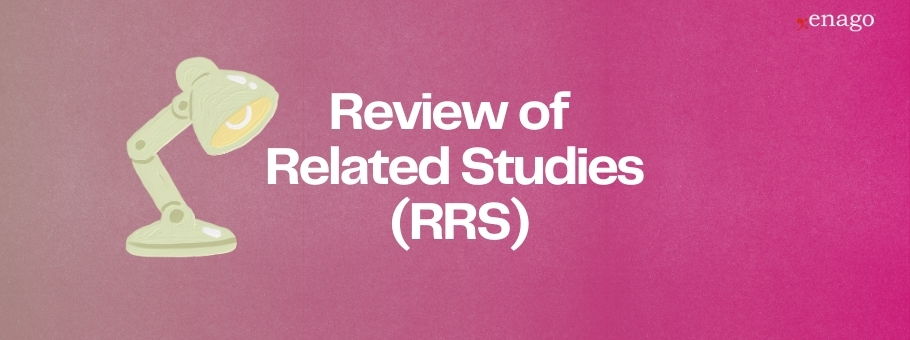Selecting International Peer Reviewers

Is the Peer Review Process Blinkered?
The process of evaluating the academic or scientific research work of others has always rested on the foundation of using peers from the same field that speak the same language, preferably English. Research scientists from non-English speaking countries that are eager to build their résumés through taking on peer reviewing assignments are left with the requirement to become fluent in English. If they don’t have the time or the inclination to do that, scientists are restricted to much smaller opportunities of peer reviewing for the journals that publish in their native language.
Are journals that blinkered in thinking that the best reviewers automatically speak English? Or is this just an unwillingness to create a workable process that would allow experienced and highly qualified researchers who don’t speak English but have the appropriate skill set to review a submitted paper, to be considered for the job.
A Global Perspective
Digital technology has placed academic publishing on a global stage. Researchers can access data from all over the world through aggregated databases, and scientists are eager to share the results of their work on that same stage. Unfortunately, publishers seem to be spending more time on the problem of open access than they are on offering opportunities to non-English speaking members of the academic community.
Scientists and their research institutions are examining ways to get their papers translated into other languages to broaden the reach of their research. Publishers, on the other hand, are struggling to find peer reviewers who are available on a regular schedule. Many reviewers limit their availability because of work and teaching commitments, and lately, many see the pro bono arrangement as being less attractive in the face of multiple scandals and article retractions.
The Translation Problem
The United Nations organization was founded with 51 member countries in 1945. There are now 193 member states. When the UN Secretariat administration building was completed in New York in 1950, the delegates were provided with simultaneous interpretation in six official languages.
Sixty-five years later, building a process that would allow English-language research papers to be promptly and accurately translated for an overseas peer reviewer and for that reviewer’s comments to be translated back for the author should not be an insurmountable challenge. There would be costs involved, but as the academic publishing industry plans for the sunset of free reviews built on professional courtesy alone, it might be cheaper to open the doors to international peer reviewers than to start paying the ones you have at home. If the prestigious “old school” journals don’t address this, their open access counterparts will beat them to it, either by charging a larger article processing fee to include the cost of translation, or moving to post-publication open peer review where non-English speaking scientists can actively participate in the review process.









